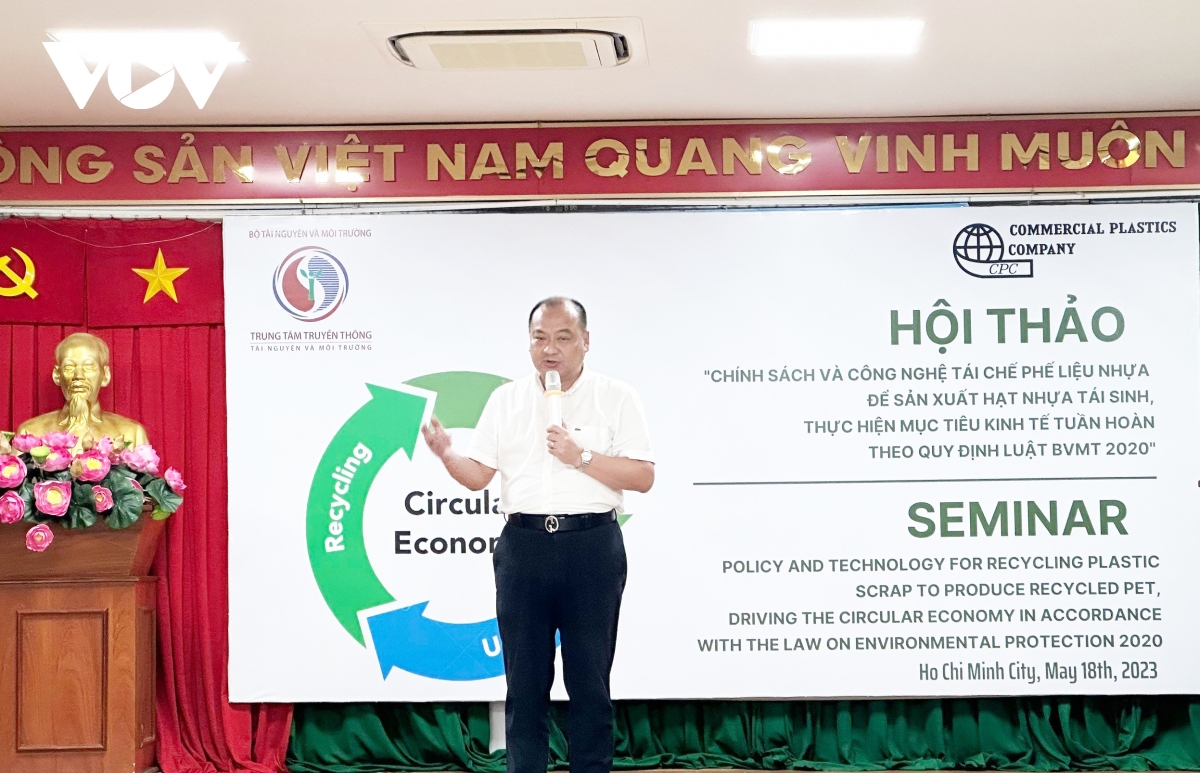Vietnam discharges an average of 1.8 million metric tons of plastic waste each year, making the country rank fourth among nations discarding the most plastic waste into the ocean, according to the Ministry of Natural Resources and Environment.
Among the plastic waste are more than 30 billion plastic bags, with 80 percent of them single-use ones, Nguyen Viet Dung, director of the Center for Natural Resources and Environment Communications under the ministry, told a seminar held in Ho Chi Minh City on Thursday.
Vietnam’s waste disposal accounts for 6 percent of the world’s total plastic waste ending up in the ocean, or 0.28-0.73 million metric tons, every year, national radio VOV reported, citing the representative of the ministry.
Given the severe environmental pollution, the Vietnamese government has issued multiple directives on the fight against plastic waste disposal by enhancing the management of plastic waste, advancing recycling and backing the circular economic growth.
Over the past few years, the ministry has launched a series of programs to call on residents and firms to protect the environment and increase the awareness of circular economy.
As such, several circular economic models for business and production operations have been introduced to enterprises, household manufacturers and trade associations.
It is necessary to access advanced recycling technologies to ensure the yield of products and environmental protection, Dung said at the seminar themed “Policy and Technology for Recycling Plastic Scrap to Produce Recycled PET, Driving the Circular Economy in accordance with the Law on Environmental Protection 2020.”
Prof. Dr. Nguyen Hong Quan, head of the Institute for Circular Economy Development of the Vietnam National University of Ho Chi Minh City, also presented numerous benefits of a circular economic model to cut plastic waste in Vietnam.
Recycling and reusing plastic waste help reduce the consumption of new materials for production and the volume of waste, and save energy, driving the sustainability, Prof. Dr. Quan added.
Speaking at the seminar, Nguyen Thi, an expert of the Department of Legal Affairs under the ministry, said that producers and importers should be held accountable for environmental protection during their products’ life cycle of design, production, consumption and discharge.
Like us on Facebook or follow us on Twitter to get the latest news about Vietnam!























































